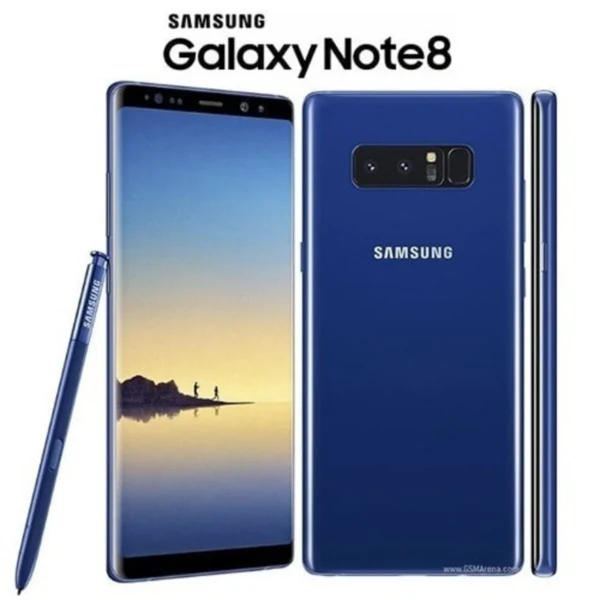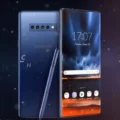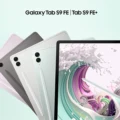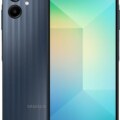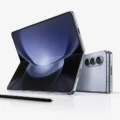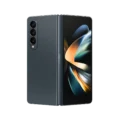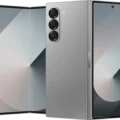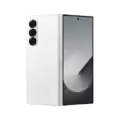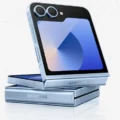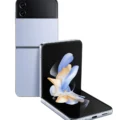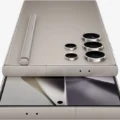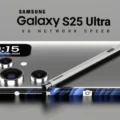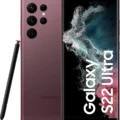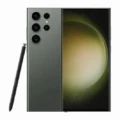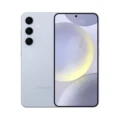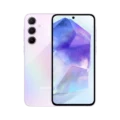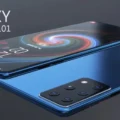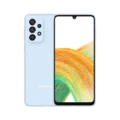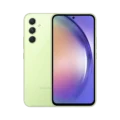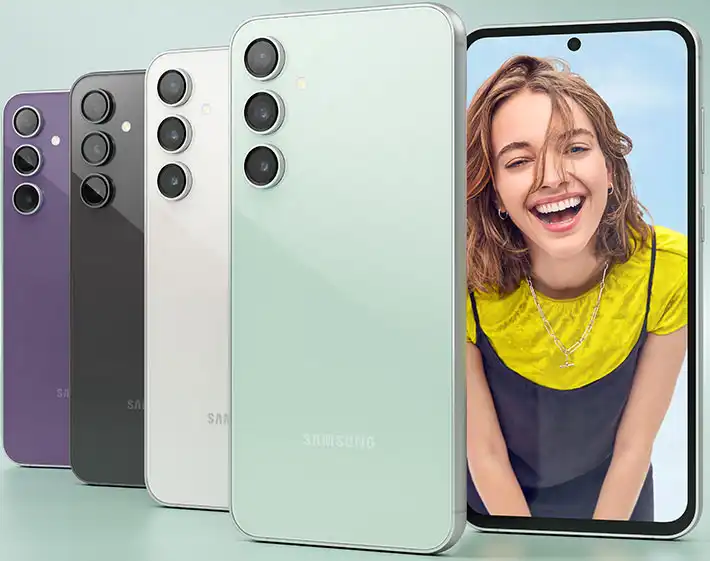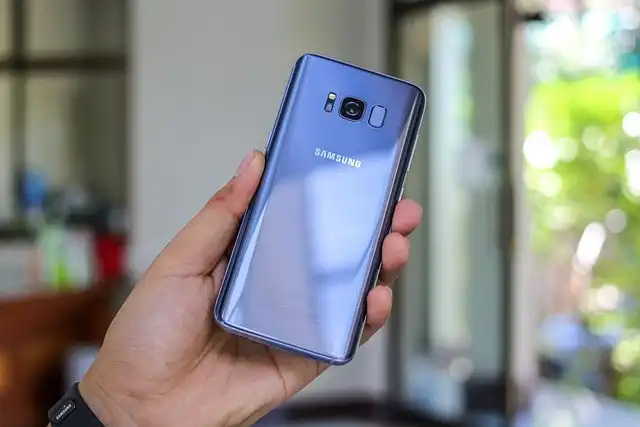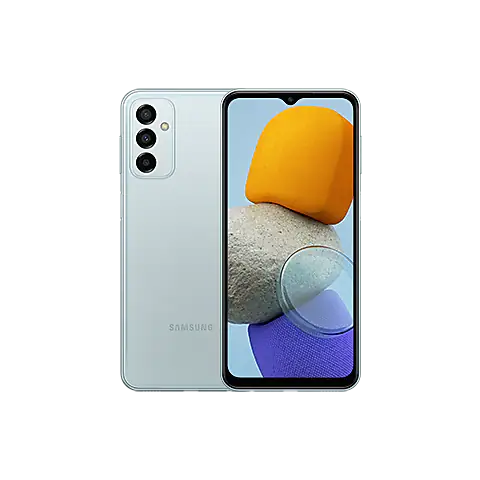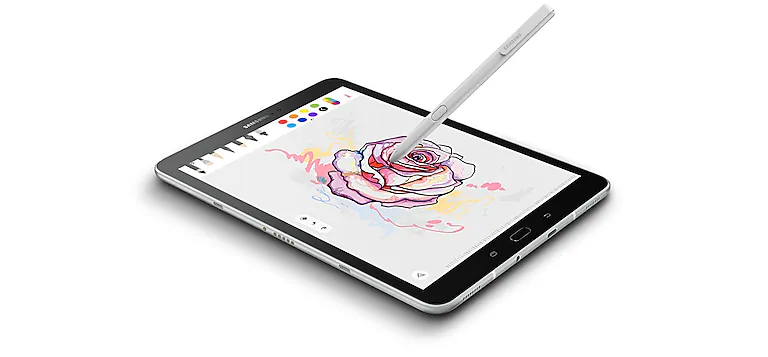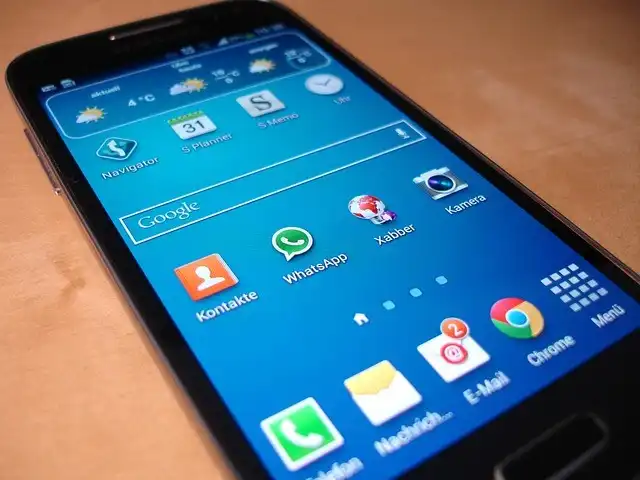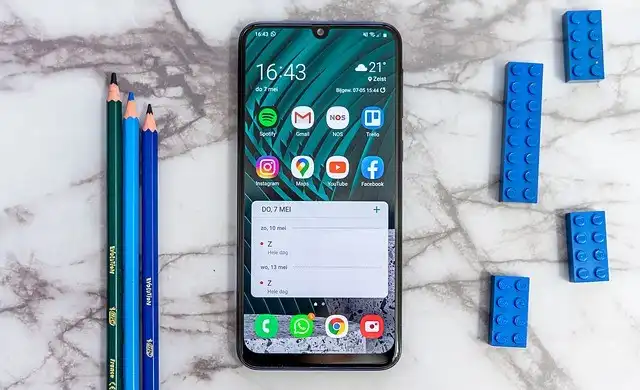The Samsung Galaxy Note 8 Price in Nigeria is 260,000 Naira and this includes Lagos, Abuja, Kano, Rivers, Ogun, Oyo, Delta, Kaduna, Edo, Enugu, Port Harcourt, Ibadan, Benin, Owerri, Warri.
The Samsung Galaxy Note 8, released in September 2017, was a pioneer in the large-screen phablet category with a stylus. While it’s no longer the latest and greatest, it remains a functional device for some users.
Display:
The Note 8 sports a large 6.3-inch Super AMOLED display with a QHD+ resolution (1440 x 2960 pixels). This translates to vibrant colors, deep blacks, and excellent viewing angles – a hallmark of Samsung’s AMOLED displays. However, compared to newer flagships, the QHD+ resolution feels slightly dated. Modern phones often boast higher resolutions or adaptive refresh rates for smoother visuals.
Camera:
The Note 8 sports a dual-camera system on the back: a wide-angle 12MP sensor with f/1.7 aperture and a telephoto 12MP sensor with f/2.4 aperture that offers 2x optical zoom. In good lighting conditions, the camera captures detailed and sharp photos. However, low-light performance suffers from noise and blur, which is a common challenge for older phone cameras. The front-facing camera is an 8MP sensor with f/1.7 aperture, which is adequate for video calls and selfies.
Performance:
The Note 8 is powered by a Samsung Exynos 8895 processor (or Qualcomm Snapdragon 835 in some regions) paired with 6GB of RAM. While it won’t win any speed demons awards in 2024, it can still handle everyday tasks like social media, browsing, and light gaming reasonably well. However, demanding applications and multitasking might cause some lag. If you’re a power user who needs the latest processing muscle, the Note 8 might not be the best choice.
Battery:
The Note 8 comes equipped with a 3300mAh battery. With moderate usage, you can expect to get through a workday on a single charge. However, heavy users who game extensively or stream videos might need a top-up in the afternoon. It’s important to consider that battery health might have degraded over time for pre-owned devices.
Storage:
The Galaxy Note 8 only came in two storage options: 64GB and 256GB. By today’s standards, these capacities feel somewhat restrictive, especially for users who store a lot of photos, videos, or apps. There’s no expandable storage option via microSD card, so what you choose at purchase is what you’re stuck with.
Software:
The Galaxy Note 8 originally launched with Android 7.1.1 Nougat. While it received updates up to Android 9 Pie, it is no longer receiving security updates from Samsung in 2024. This poses a potential security risk, as outdated software is more vulnerable to exploits.
Connectivity:
The Galaxy Note 8 offers standard connectivity options for 2017, including LTE, Wi-Fi ac, Bluetooth 5.0, NFC, and GPS. While it won’t support the latest and fastest Wi-Fi standards or 5G connectivity, it should suffice for basic needs as long as you’re in an area with decent LTE coverage.
Sound:
The Note 8 boasts stereo speakers, a feature not commonly found in phones at its launch time. While the sound quality won’t match high-end dedicated speakers, it delivers a richer audio experience compared to phones with a single down-firing speaker. This is a plus for casual listening to music, podcasts, or watching videos.
